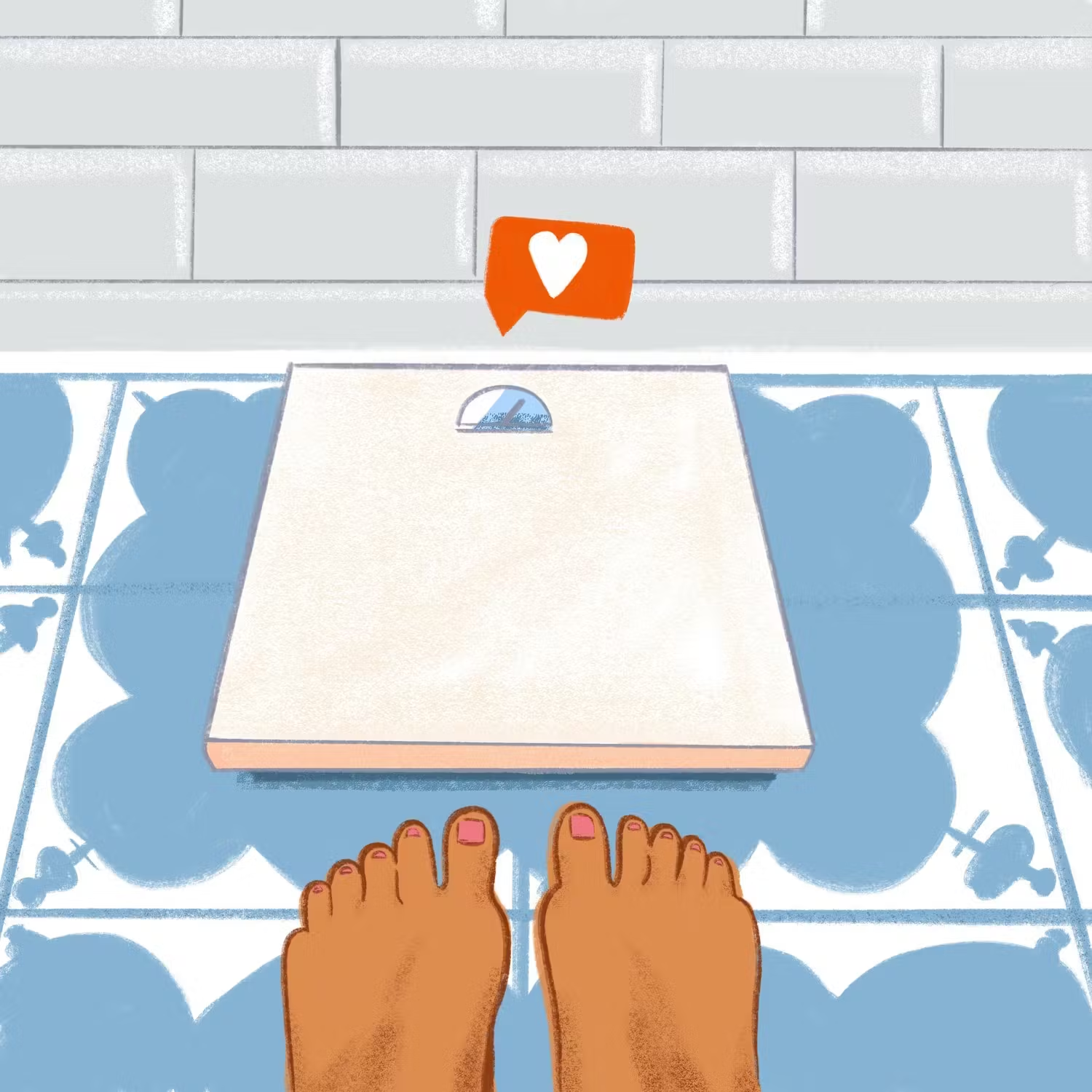CAN A MOM’S PRE-PREGNANCY SIZE AFFECT A BABY’S BIRTH WEIGHT?

Many expectant moms know that living healthily while pregnant is important for their baby. Eating well-balanced meals and exercising can help you gain a healthy amount of weight during pregnancy — and that, in turn, can have a significant impact on your baby’s health and on how big they are when they’re born.
But something a lot of women don’t know is that your weight before you get pregnant can matter, too. Pre-pregnancy weight is most often thought about in terms of your body mass index, or BMI, which takes into account how much you weigh compared to how tall you are.
Doctors use your pre-pregnancy BMI to determine how many pounds you should aim to gain during pregnancy. Women whose BMI signals they are underweight will likely need to put on more pounds than women who are a normal BMI, whereas overweight or obese women won’t need to gain as much, and so on.
However, BMI isn’t a perfect measure of your weight. Muscle tends to be denser than fat, so you can be lean and fit but still clock in with an “overweight” BMI. Likewise, someone can have a large amount of fat in their bodies but still have a BMI in the normal range. So, while it can be a helpful guide, it’s only one factor of many that your doctor takes into consideration when they make recommendations on how much you should gain.
Moms who were underweight before getting pregnant are more likely to go into labor prematurely or have an underweight baby, that is a baby under 5.5 pounds. But even when they make it to their due dates, research found that babies born to underweight women were at increased risk of los birth weight babies.
On the opposite side of the spectrum, pregnancy-related complications are more common in obese moms — things like preeclampsia and gestational diabetes — not to mention health challenges later in life, including high blood pressure and heart disease. Like underweight women, obese women also have a greater chance than normal weight women of delivering early.
Being born too early or too small can put a child at risk for all kinds of health issues. They have a harder time breathing, aren’t as good at regulating their body temperature, and are more likely to die from sudden infant death syndrome, or SIDS. In the long-term, they also have a greater chance of being obese or developing heart issues.
That’s not to say that underweight or obese women can’t have healthy weight, full-term babies. Gaining the recommended amount of weight can help, at least in part, mitigate some of the risks of being outside a normal BMI when you get pregnant, which is why it’s so important to talk to your doctor if you’re concerned about how much weight you should try to gain.
But one of the most important things women can do to reduce their baby’s risk of being born small or early is to maintain a healthy weight before getting pregnant. In 2019, 42 percent of pregnancies in Florida weren’t planned. In fact, many women have no clue that they’re pregnant until they’re already a few weeks along.
Babies grow quickly during that time, making it all the more important to take care of your health even if you aren’t expecting to get pregnant.
Other things you can do to reduce the chances your baby is born too small or too early is to go to your prenatal visits, quit smoking, and avoid drugs and alcohol.